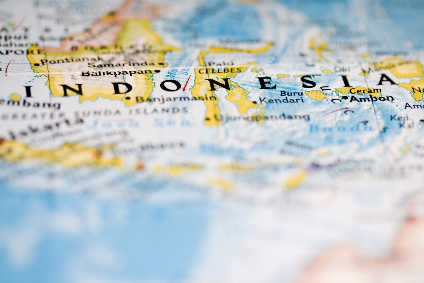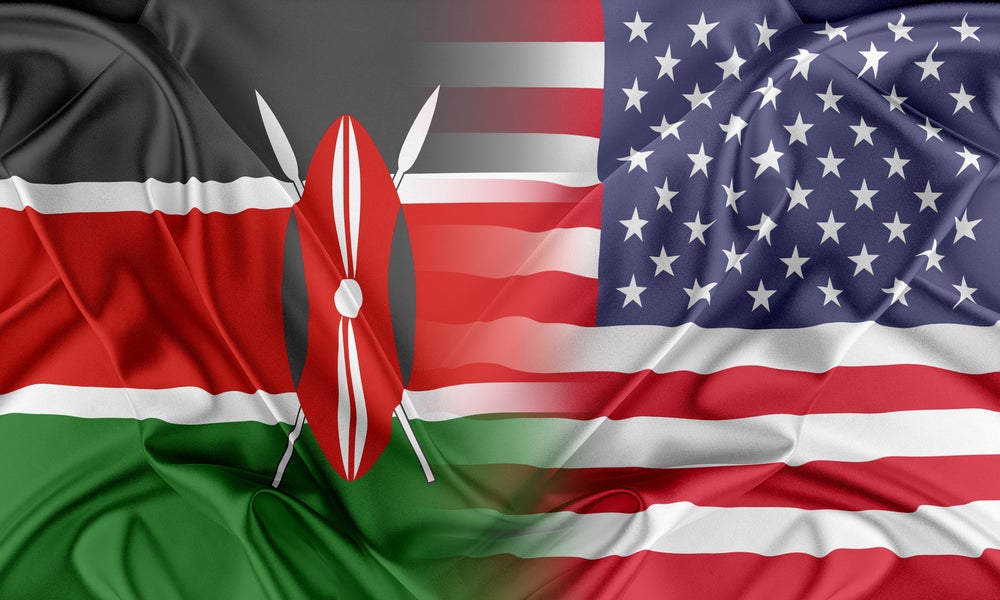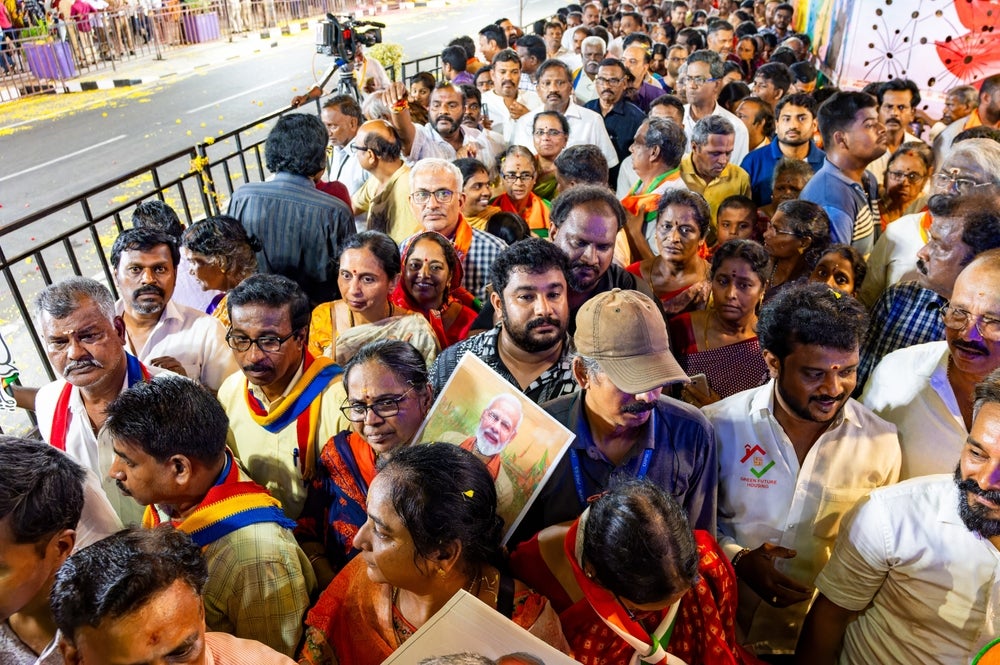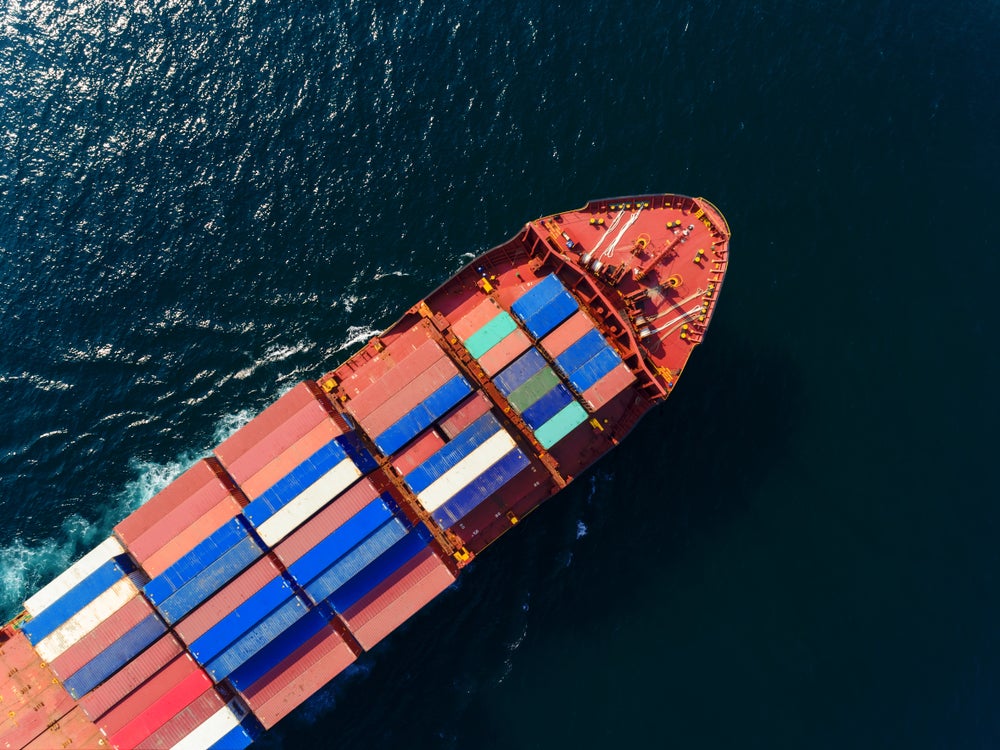
Indonesia is hoping to capitalise on a recently signed trade deal with Australia to grow its exports of footwear, textiles and apparel.
The two countries signed the Indonesia-Australia Comprehensive Economic Partnership Agreement (IA-CEPA) earlier this month. Indonesia is Australia’s 13th largest trading partner with two-way trade reaching US$16.8bn in 2017. Under the agreement, 99% of Australian goods will enter Indonesia duty-free or under significantly improved preferential arrangements by 2020.
The Indonesian Ministry of Trade said exports to Australia would increase, also as a result of zero-tariffs. Its current leading export commodities to Australia are furniture, rubber products and processed chemicals, food and beverages, textiles, and electronics. But the country’s minister of trade, Airlango Hartarto, said footwear, textile and textile products “had the potential to increase.”
“We sincerely welcome this comprehensive economic cooperation, because it is a momentum to jointly spur economic growth that is mutually beneficial for the two countries,” said Hartarto while attending the IA-CEPA signing in Jakarta.
Indonesia eyes footwear export growth
See Also:
Separately, Indonesia is looking to grow footwear exports globally by 27% to US$6.5bn this year and US$10bn over the next four years.
How well do you really know your competitors?
Access the most comprehensive Company Profiles on the market, powered by GlobalData. Save hours of research. Gain competitive edge.

Thank you!
Your download email will arrive shortly
Not ready to buy yet? Download a free sample
We are confident about the unique quality of our Company Profiles. However, we want you to make the most beneficial decision for your business, so we offer a free sample that you can download by submitting the below form
By GlobalDataHartarto said the CEPA with Australia and the Indonesia-European Free Trade Association (EFTA), whose negotiations concluded in November 2018, had the potential to boost exports of its manufactured products.
In 2018, Indonesia’s footwear exports grew by 4.13% to US$5.11bn a year earlier. Hartarto said the government continues to make strategic policies to encourage the footwear industry to increase its production capacity so that it can meet domestic needs while becoming an import substitute or filling the export market. These include ease of access to raw materials, improvement of HR competencies through vocational education, and implementation of the Making Indonesia 4.0 roadmap.
“Together with the textile and clothing industry, the footwear industry is also prepared to enter the industrial era 4.0 so that it is more globally competitive and exports rise.”
He added the footwear industry was being prioritised because of its development as an export-oriented labour-intensive sector.
The comments were made during his visit to KMK Global Sports in Cikupa last week. The footwear manufacturer employs more than 15,000 workers and has 30 production lines producing 1.2m pairs of Nike-branded shoes and 300 pairs of Converse each month for global export. It produces 11.08% of the country’s shoe production annually and contributes to 26.42% of the country’s footwear exports.
Eddy Widjanarko, chairman of the Indonesian Footwear Association (Aprisindo), adds the government’s efforts to create a conducive investment climate and the implementation of Industry 4.0 will grow Indonesia’s footwear industry and make it more competitive.
“The shoe industry is very suitable to be developed in Indonesia and will continue to be the mainstay sector of the future. We see exports will increase this year as additional investment enters Indonesia.”







